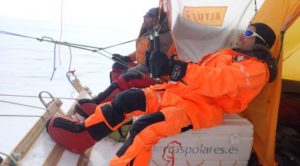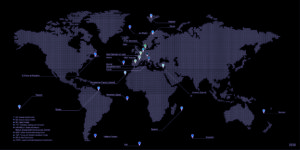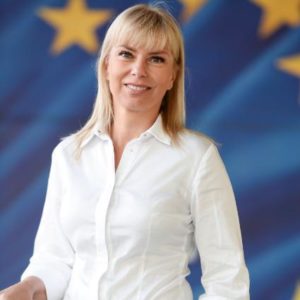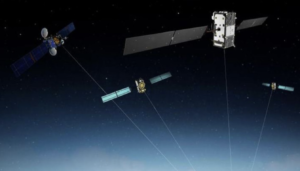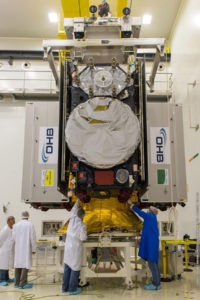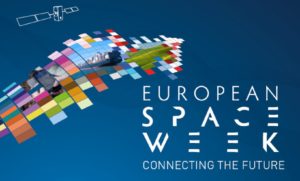A kite-blown science expedition to the interior of Antarctica has made the most southerly positioning fixes yet made with Europe’s Galileo satellite navigation system.
Their measurements not only confirm Galileo performance at extremely high latitudes, but also offer knowledge of space weather events overhead. In particular they offer insights into the ionosphere – the electrically active upper layer of Earth’s atmosphere – above the southern continent, and the performance of Galileo software to correct ionospheric interference. Read more…

